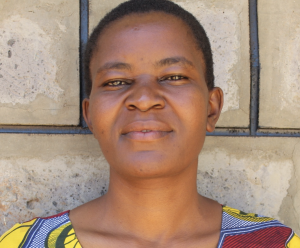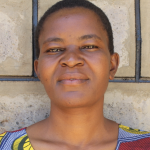The population of Emasera Primary School is a whopping 847 students and teachers who struggle daily to access sufficient water. With so many people needing water, it is impossible for the school's rain tank, which we built in 2014, and the shallow hand-dug well to keep up.

"The tank capacity is 35,000 liters [and is] not meeting the need of the population. The hand-dug well runs dry during prolonged drought, forcing students [to] source water outside of the school compound," said field officer Rose Serete.
The children waste precious time and energy collecting water. To make matters worse, they risk their safety every time they must leave the school grounds to find water. They are forced to cross a busy road where they risk being hit by cars and motorcycles to reach a community borehole well.

"Being the head of the school, I take responsibility for any damages that may happen to my students. This has always stressed me. Students fetching water out of the school compound is a great risk. I am forced to assign a teacher to walk them to the water point. This has never been easy as most teachers are usually engaged in class," said 50-year-old headteacher James Okello, shown below.

Not only is it dangerous for students to get to the community well, but once they arrive, they often find long lines of people waiting to collect water, causing them to miss even more valuable learning time.
"Overcrowding has led to conflicts at the water point as this is a community water source. The conflicts have brought a lot of issues between school management and community members," continued Rose.
"I waste a lot of time scrambling with my fellow students when fetching water. This has cost my performance in class," said 11-year-old Christine K., collecting water below.

The installation of a well on the school campus will enable students to quickly and safely collect water and spend more time in class learning. Hopefully, with the school having its own water source, the conflict with the community can be minimized, and a sense of peace can be restored.
Note: Our proposed water point can only serve 300 people per day. We hope to continue working with this community to identify other water solutions that will ensure all of the people in this community have access to safe and reliable drinking water.
Water at schools is unique, which is why we need unique solutions.
The Proposed Solution, Determined Together...
At The Water Project, everyone has a part in conversations and solutions. We operate in transparency, believing it benefits everyone. We expect reliability from one another as well as our water solutions. Everyone involved makes this possible through hard work and dedication.
In a joint discovery process, community members determine their most advantageous water solution alongside our technical experts. Read more specifics about this solution on the What We're Building tab of this project page. Then, community members lend their support by collecting needed construction materials (sometimes for months ahead of time!), providing labor alongside our artisans, sheltering and feeding the builders, and supplying additional resources.
Water Access for Everyone
This water project is one piece in a large puzzle. In Kenya, Sierra Leone, and Uganda, we're working toward complete coverage of reliable, maintained water sources that guarantee public access now and in the future within a 30-minute round trip for each community, household, school, and health center. One day, we hope to report that this has been achieved!
Training on Health, Hygiene & More
With the community's input, we've identified topics where training will increase positive health outcomes at personal, household, and community levels. We'll coordinate with them to find the best training date. Some examples of what we train communities on are:
- Improved hygiene, health, and sanitation habits
- Safe water handling, storage & treatment
- Disease prevention and proper handwashing
- Income-generation
- Community leadership, governance, & election of a water committee
- Operation and maintenance of the water point
Handwashing Stations
Alongside each water source, we also provide two new gravity-fed handwashing stations that will allow everyone at the school to wash their hands without running water. Handwashing is so important to help prevent future water-related illnesses in the school community.
The student health club will maintain the stations, fill them with water, and supply them with soap (which we will teach the school community how to make during the training!).
VIP Latrines
In addition, we will construct two triple-door Ventilated Improved Pit (VIP) latrine blocks designed to prevent fecal disease transmission. Each latrine will have a cement floor, which is easy to use and clean regularly. Three doors will serve the girls, and three doors will serve the boys.
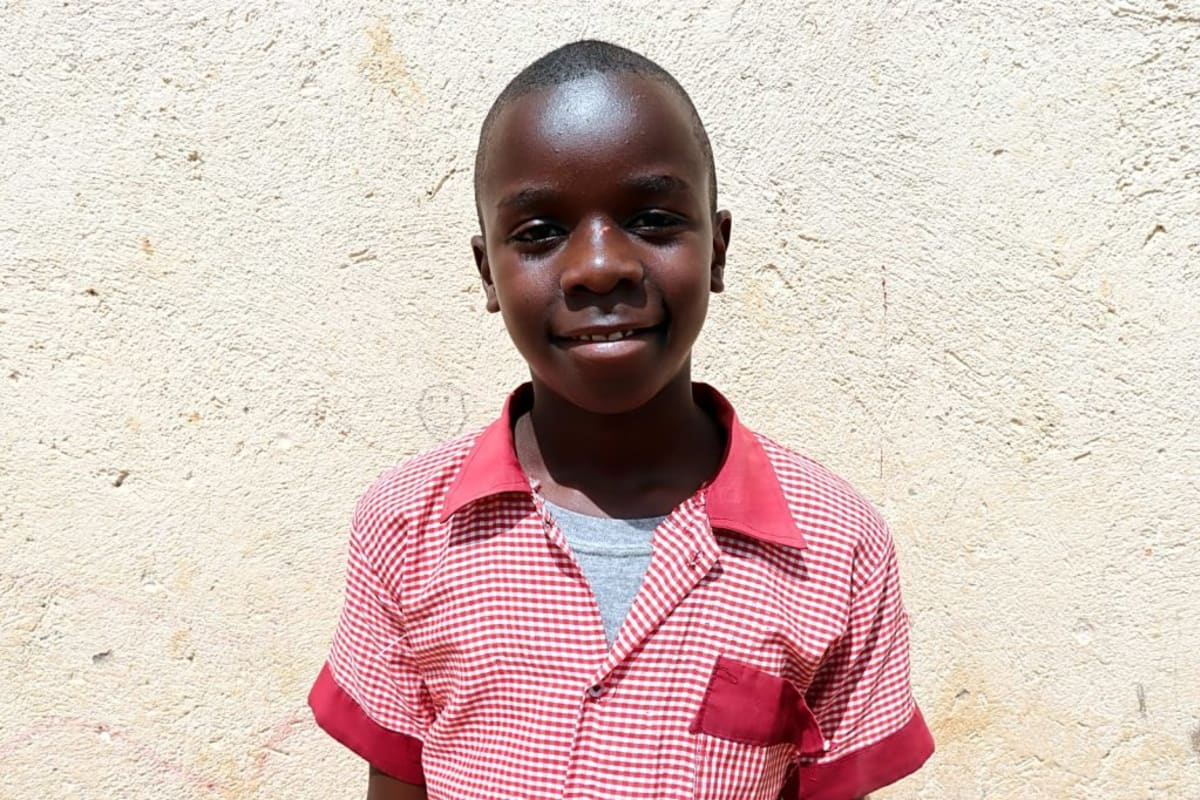
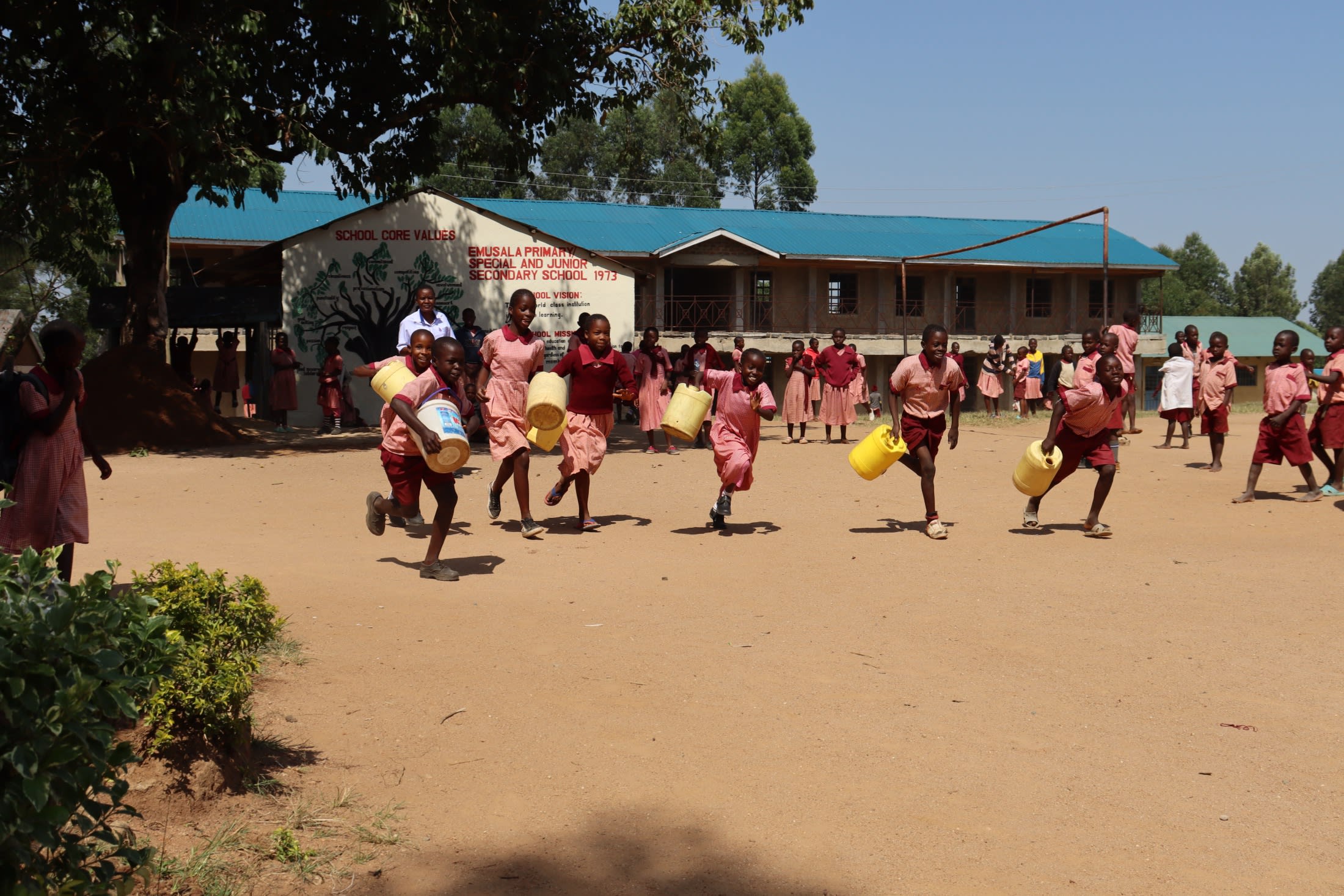
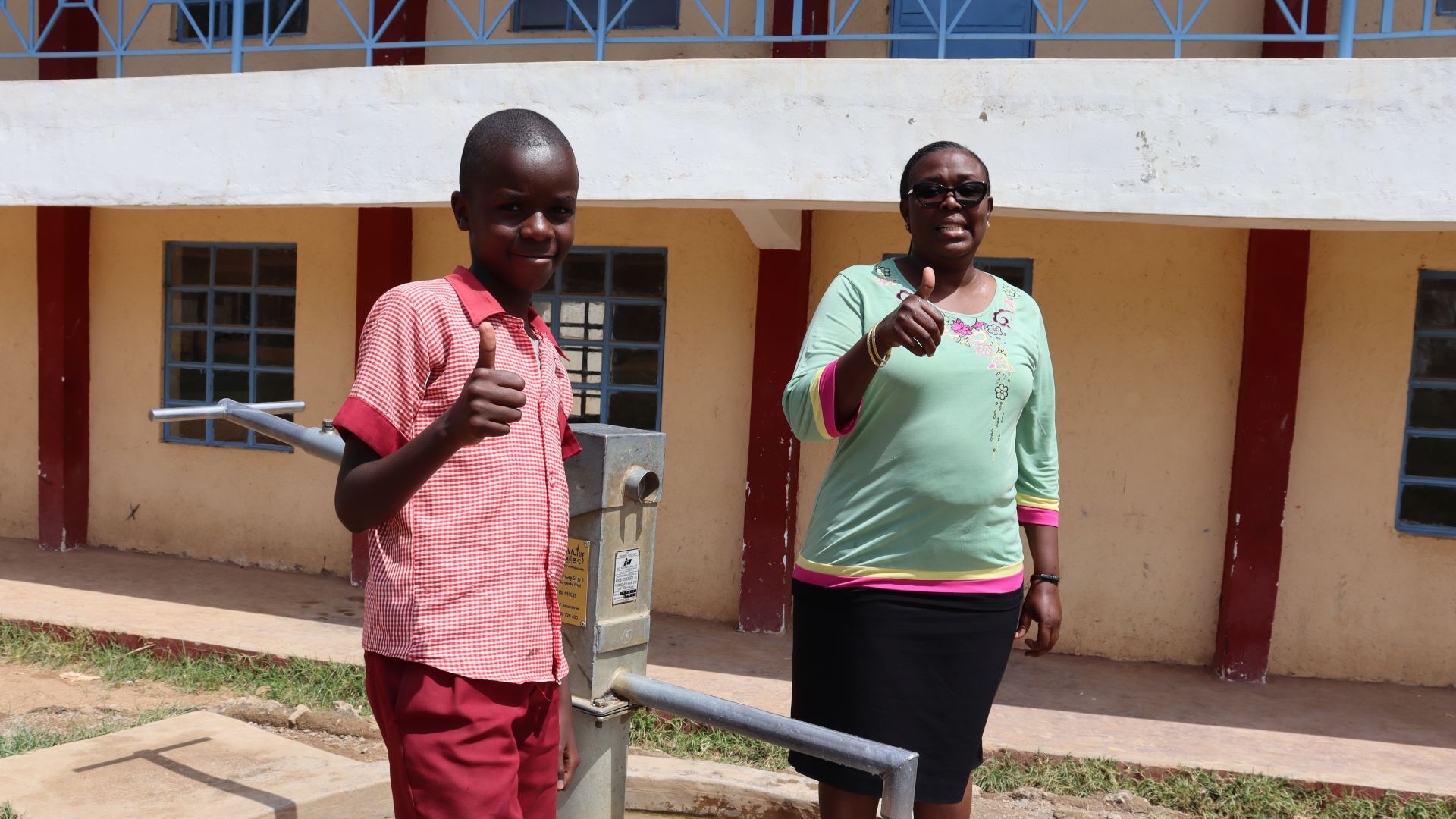

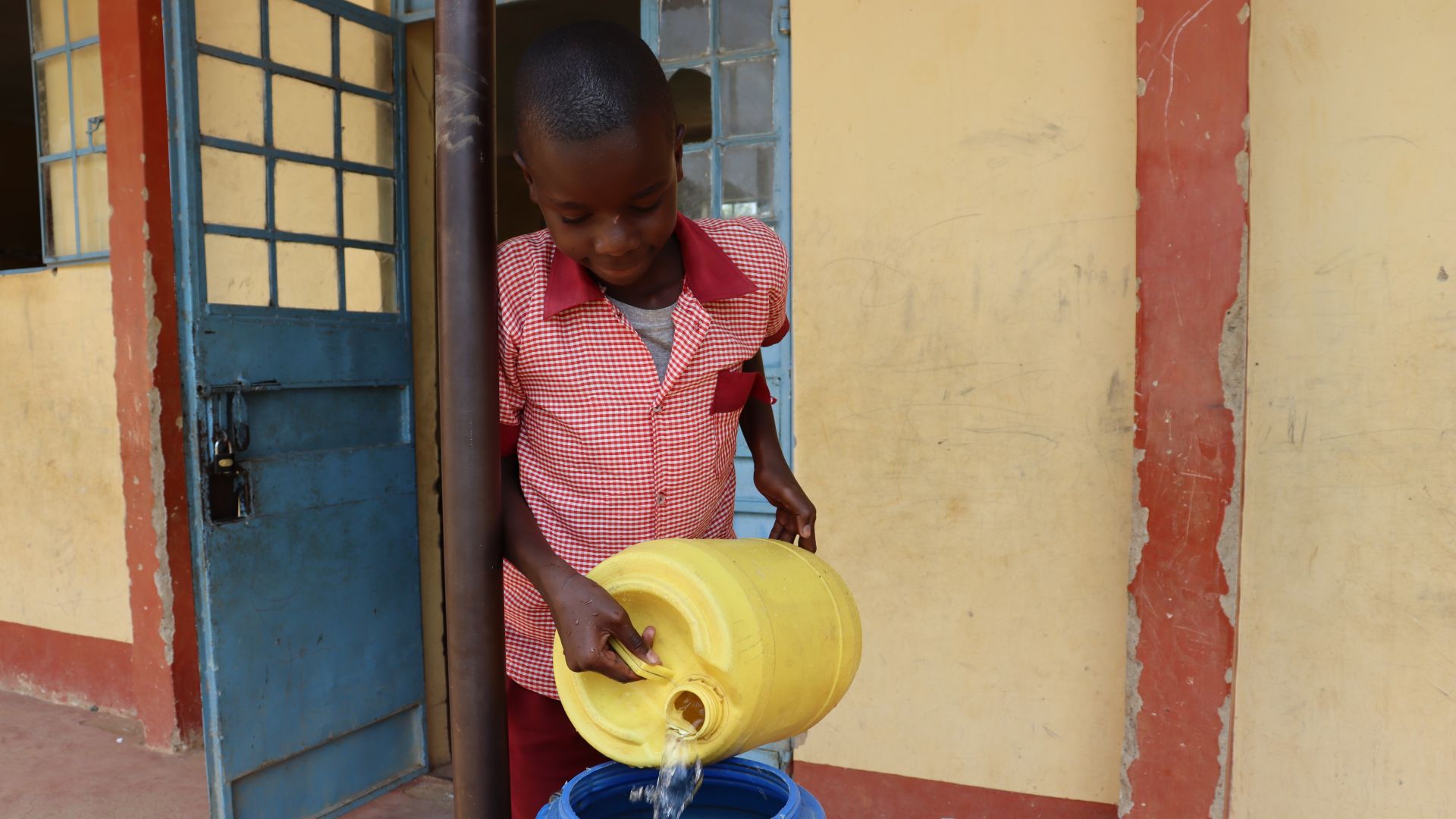

 Borehole Well and Hand Pump
Borehole Well and Hand Pump
 Rehabilitation Project
Rehabilitation Project












